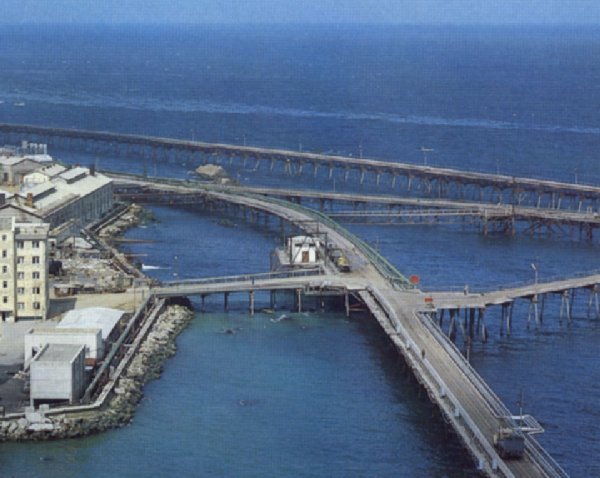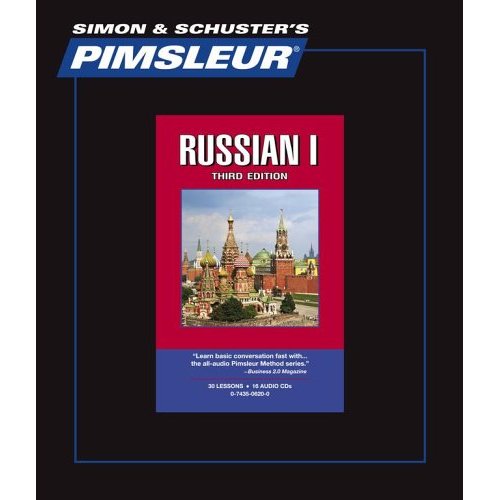
In my opinion, travel plans are like children, best conceived when you have had a bit to drink. My latest plan, and the wildest yet, was created in this manner but it was only through websites like Horizons Unlimited that brought it from the lofty heights of "just imagine" to the ground-floor of "holy shit, this is actually possible". I am probably showing my reliance on technology here but, for me, what makes Ted Simon's Jupiter's Travels so remarkable is he had the courage to make a trip in an age when his access to information from other travelers would have been extremely limited by comparison. Perhaps no-one had completed a similar trip on a motorcycle before him, indeed his itinerary must have been remarkable and unique enough at least to warrant the Sunday Times sponsoring him and running regular updates on his progress.
The raw data of his itinerary is considerable in itself - Ted Simon rode 63,000 miles over four years, beginning in 1973, in which he traverses every non-polar continent, reaching 55 countries. Naturally just dropping numbers like this does the book little justice because the most important part of "adventure motorcycling" is the first word. Here, again, Simon clocks up some real corkers of which I will only describe a few so as not to ruin too many surprises. Early in the piece Simon is about to cross the border into Egypt which is in the closing stages of the Yom Kippur war. Naturally he is quite apprehensive about crossing, having been told by many people he meets beforehand, in Tunisia and Libya, that he will not be allowed through. After a fairly large amount of official bullying, in the form of spurious red tape, he is allowed in. He is ecstatic. A few miles further however he realises he has dropped his wallet somewhere after this crossing:
The wallet contained driving licenses, vaccination certificates, credit cards, photographs, currency and an address book. Losing it seemed like an overwhelming disaster.
When in a panic he returns to look for it he sees someone bending down, picking something up off the road. This person waves him through and he goes. It's not till later he realises that the man is probably picking up his wallet. While most people would have chalked this down to carelessness Simon allows it to cut to the very core of his masculinity:
I had thought I was a man...I was after all just boy quailing before the first figure of authority that came my way.
It is difficult to work out if Simon is relentlessly self-analytical because it is a natural feature of his personality, his writing or simply the natural mode of someone who is travelling for four years alone on a motorcycle. What it does provide is one of the most interesting aspects of this book - he is flawed and human and extremely honest, documenting self-doubts so candidly and forcefully that one could be under the impression that he has a slight masochist bent. The reason his personality is so interesting is because it is not one you would automatically equate with someone that would make such a trip. Before having read this I would naturally assume that anyone who spent four years alone travelling around the world would have to be almost superhuman, eternally positive, constantly relaxed and cordial. This superman would have little room for sensitivity and self-criticism especially on a scale which Simon has it. Simon gets tetchy, sulky, bored and weary all fairly often. Yet it is these very features that render the texture of his journey so compelling and provides the bridge between the story and the reader. In other words - "he's so human and he did it - why can't I?"
The book also works as a piece of history. It is superfluous to say the world in 1973 was a very different place to what it is today. His adventures are very much of-the-time. He spends a few months in Californian hippie commune, is arrested and jailed in Brazil for being a spy but the most interesting such passage is when he comes across the last islands of colonialism in Kenya. A hundred miles from the equator he meets the Thompsons on a farm that looks like "Sussex England" complete with flowers and hedgerows. Authur Thompson has African domestic help and is fully aware that his way of life is dying. Simon provides an account that shows their way of life as noble, in both senses of the word, and anachronistic, even for 1974. It is a fascinating account, bordering on the surreal of how the English, as well as most European colonial powers, were able to import their way of life, right down to the English furniture in the house into a completely alien context. Simon hits a melancholy note, rightly or wrongly, when he depicts the stoicism with which the Thompsons approach the fact that their way of life is inevitably ending, saying that the "Kenyan government is bound to buy us out soon". When this happens they plan on going to South Africa, instead of back to the England which they've tried so hard to recreate. While not arguing in favor of colonialism the subtext here is that these people will soon be forever displaced - that their home will cease to exist. This is particularly resonant considering the book as a whole and the inevitable fact of any such journey, namely that sooner or later it must end, and once it does how can anyone return to a normal way of life, or in the words of Thomas Wolfe - "You can't go home again".
Unless you want to employ a fragmented narrative, the pace and tone of the account is set by the travel itself. This is a failing of Jupiter's Travels which begins ecstatically and furious in North Africa but ends weary and subdued at the end in India. The tipping point for me was Australia, which starts with one of the most hilarious passages in the entire book in which Simon attempts to dispel, but ends up confirming the Australian stereotype in which women dress in a scandalous manner. It's worth quoting at length with the qualifier that Simon nowhere else employs language that today would end up raising more than a few eyebrows and perhaps some law suits too:
I saw women who had apparently slipped offstage during the interval of a matinee performance of Cabaret. They looked as though anything less than rape might be mistaken for indifference. I noticed that many men wore tailed shorts with cute little slits up the seams like cheongsams to show a little extra flash of thigh, and the obscene thought crossed my mind that maybe they were hoping to be raped as well.
Back to the pacing - above the natural ebb and flow of the journey one can discern that, for Simon, the constantly new is beginning to get a little old. He combats this with the overarching theme from which the book get's it's title. The book begins at the end where Simon is marooned by the side of the road in India - he is helped and ends up at a Raj's house. The Raj is having a wedding at his estate and Simon features at a celebrity guest. Simon is told that the Raj's is a clairvoyant and wants to speak to Simon. The clairvoyant tells Simon:
You are a very determined soul. This is reflected in your mind. You are Jupiter
This falls slightly flat and consequently the overarching theme of the book feels a bit tacked on as if it's trying a bit too hard to provide unified meaning to something that is inherently chaotic and random as a trip around the world. Luckily because it is tacked on and there are no trite attempts at tying moments in travel to Simon as Jupiter - the rest of the book is insightful and brilliant account of a courageous and thoroughly entertaining journey.
 Cheapness for me is "in keeping with the mood of the trip" for M. Bearing this in mind we decided not to go with ol' reliable Qantas. It is boring enough not to have had any recorded fatalities since it began in 1951, although union troubles and recent safety scares mean they're probably about due, but it's the image of being chased by a kangaroo on the tailfin of the plane which implies we'll never truly escape which was the clincher for me.
Cheapness for me is "in keeping with the mood of the trip" for M. Bearing this in mind we decided not to go with ol' reliable Qantas. It is boring enough not to have had any recorded fatalities since it began in 1951, although union troubles and recent safety scares mean they're probably about due, but it's the image of being chased by a kangaroo on the tailfin of the plane which implies we'll never truly escape which was the clincher for me. 















